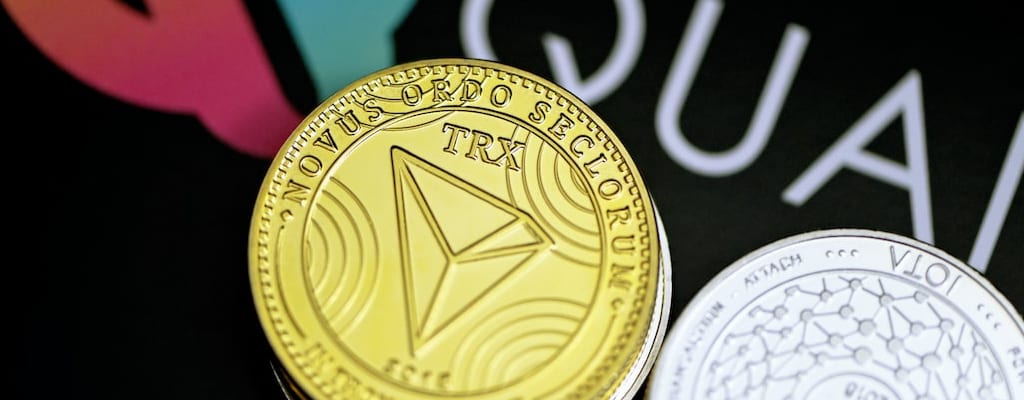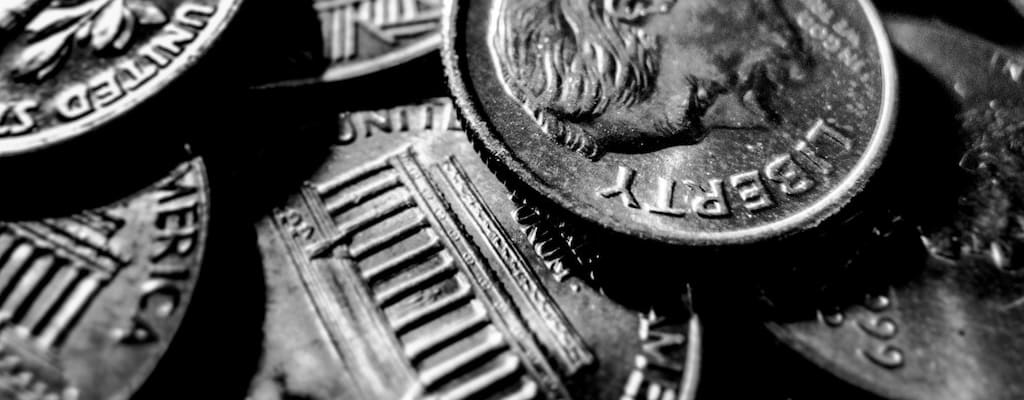dirty money: Idiom Meaning and Origin
What does ‘dirty money’ mean?
The idiom dirty money refers to money that has been obtained through illegal or immoral means, often involving activities such as crime or corruption.

Idiom Explorer
The idiom "pin money" refers to a small amount of extra money that is earned for personal use or personal expenses.
The idiom "do the dirty on" means to betray or deceive someone, often in a sneaky or underhanded way.
The idiom "dollar-sign eyes" refers to someone who is extremely greedy or obsessed with money, often to the point of disregarding ethical or moral considerations.
The idiom "do drugs" refers to the act of using illegal substances, typically for recreational purposes. It implies engaging in drug abuse or addiction, often with negative consequences for one's health, relationships, and overall well-being.
The idiom "dirty work" refers to unpleasant or morally questionable tasks that someone must do, often on behalf of another person, which they may not want to be associated with or take responsibility for.
The idiom "dirty word" refers to a word or phrase that is offensive, vulgar, or taboo in nature. It is generally used to describe language that is considered inappropriate or socially unacceptable in certain contexts.
The idiom "dirt-poor" refers to someone who is extremely poor or impoverished. The term "dirt" implies a level of destitution that is lower than "poor", emphasizing the dire financial situation of the person. The idiom is often used to convey an extreme or severe level of poverty.
The idiom "dirt file" refers to a collection of facts or information, often negative, that is gathered about a person or organization and used for blackmail or manipulation purposes.
The idiom "dime's worth" implies a small or insignificant value, often used to express the lack of significance or impact of something.
The Tainted Currency
The idiom "dirty money" is commonly used in the English language to refer to money that has been obtained illegally or through dishonest means. It is derived from the metaphorical notion that the money has been tainted or soiled due to its illicit origins. This idiom is often used to highlight the moral implications and negative connotations associated with handling or benefiting from ill-gotten gains.
One of the key aspects of this idiom is the association between money and cleanliness. The word "dirty" implies a lack of purity or cleanliness, suggesting that the money is impure due to its illicit origins. This association has deep historical roots, as the idiom taps into a long-standing cultural belief that cleanliness is directly linked to morality and virtue. By using the term "dirty money," people express their disapproval of benefiting from actions that are considered unethical or illegal.
The idiom "dirty money" is often used in various contexts, including discussions about organized crime, corruption, and financial misconduct. It serves as a concise way to convey the idea that the money in question has been acquired through immoral means, whether it be fraud, theft, or bribery. Additionally, the idiom can be used to criticize individuals or organizations that knowingly accept or use money obtained through illegal activities, highlighting the ethical dilemma involved in such transactions.
There are also legal implications associated with the idiom "dirty money." In many jurisdictions, laws and regulations have been established to combat money laundering, which refers to the process of making illegally obtained money appear legitimate. The use of the term "dirty money" reflects society's recognition of the need to address the issue of illicit financial activities and the consequences they have on both the economy and the integrity of financial systems.
While the idiom "dirty money" primarily refers to money obtained through unlawful means, it can also be used metaphorically to describe money that is perceived as unethical, even if it is not technically illegal. This broader interpretation encompasses situations where money is earned through exploitative practices, unethical business practices, or by taking advantage of vulnerable individuals or communities. In these cases, the idiom emphasizes the moral stain that such money carries and prompts a critical examination of the methods used to acquire wealth.
The idiom "dirty work" is closely related to the concept of "dirty money." It refers to tasks or actions that are considered unpleasant, unethical, or dishonest. Just as "dirty money" refers to money obtained through questionable means, "dirty work" describes the actions or tasks performed in pursuit of such money. This idiom highlights the connection between the moral implications of obtaining dirty money and the actions taken to acquire it.
"pin money" is another idiom related to the notion of "dirty money." It refers to a small amount of money that is considered disposable or of little significance. While "dirty money" carries negative connotations, "pin money" suggests a smaller amount that may not have the same moral implications. However, it is important to note that the idiom "dirty money" focuses on the means of acquisition, regardless of the amount involved.
Similarly, the idiom "dirty word" is related to the concept of "dirty money." It refers to a word or phrase that is considered socially unacceptable or taboo. The connection to "dirty money" lies in the negative connotations and moral implications associated with both concepts. Just as "dirty money" is tainted by its illicit origins, a "dirty word" is stained by its social or moral implications.
Lastly, the idiom "conscience money" is also related to the idea of "dirty money." It refers to money that is given or donated as a way to alleviate guilt or as a form of restitution for unethical or immoral actions. This idiom underscores the moral responsibility and accountability that individuals may feel when they have obtained money through dishonest means. Like "dirty money," "conscience money" reflects the societal recognition of the need to address the ethical dimensions of financial transactions.
The idiom "dirty money" is a widely-used expression that conveys the idea of money obtained through illegal or dishonest means. Its origins lie in the association between money and cleanliness, as well as the moral implications of benefiting from ill-gotten gains. This idiom serves as a reminder of the ethical dimensions involved in financial transactions and raises questions about the responsibility and accountability of individuals and organizations when it comes to handling money that may have a dark backstory.
Example usage
Examples of how the idiom *dirty money* can be used in a sentence:
1. He was arrested for money laundering, as it became apparent that his luxurious lifestyle was funded by dirty money.
2. The documentary shed light on the illegal activities that generate massive amounts of dirty money in certain parts of the world.
3. The politician was accused of accepting bribes and using dirty money to finance his election campaign.
More "Finance" idioms



